15 Foods to Avoid If You Have High Blood Pressure
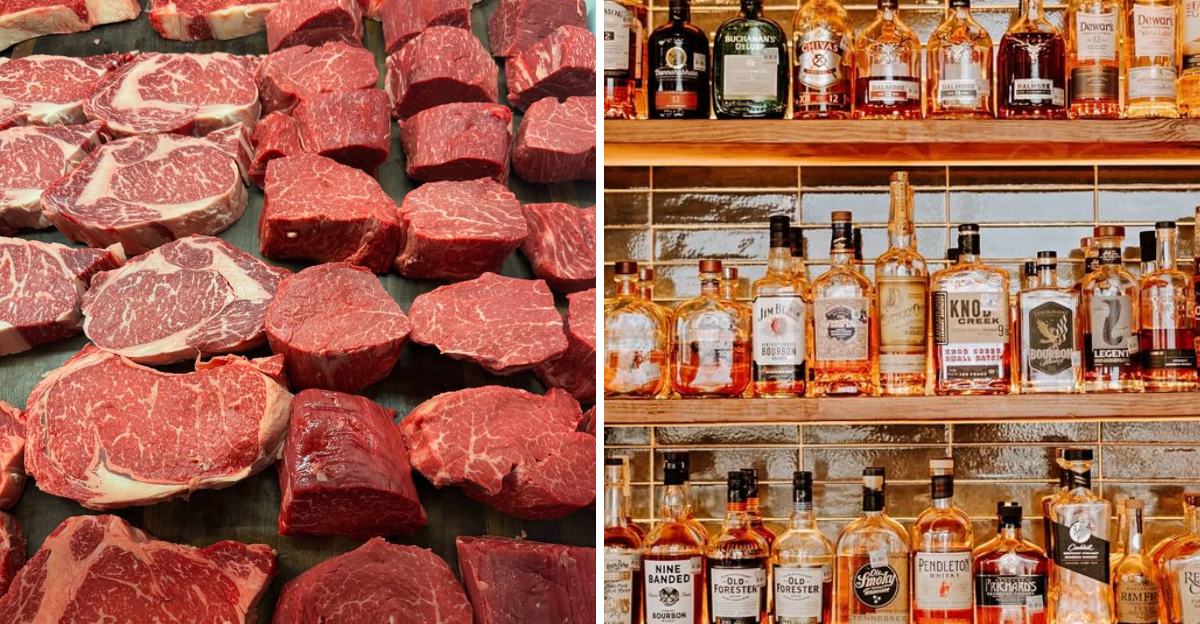
Managing high blood pressure is crucial for maintaining overall health. Certain foods can exacerbate the condition, leading to serious health risks. By knowing which foods to avoid, you can take proactive steps to better control your blood pressure and support heart health.
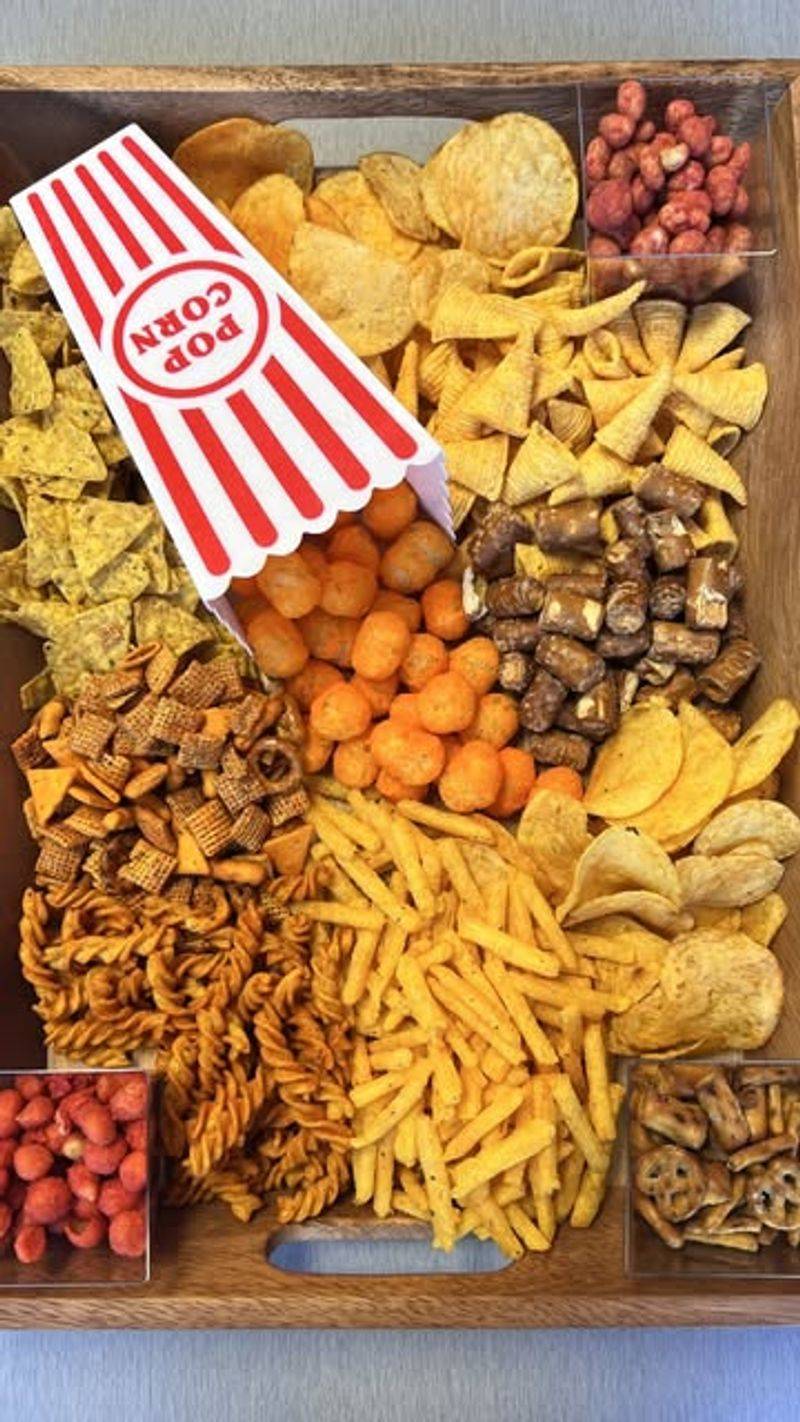
© candyfunhouse 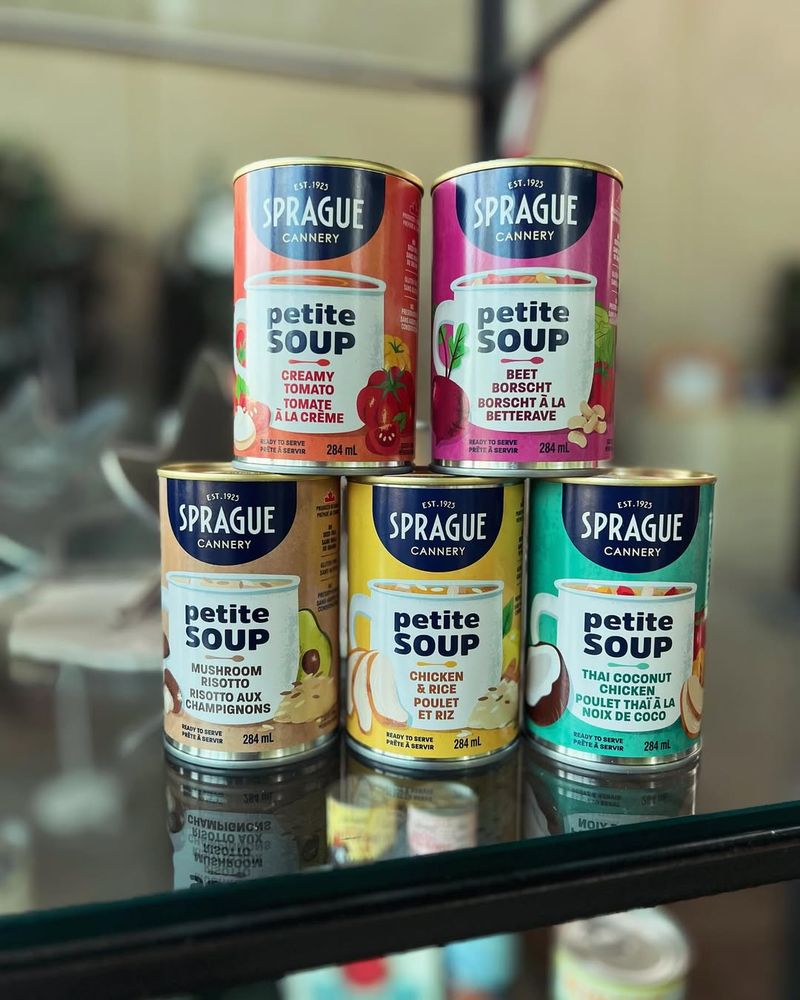
© spraguecanning 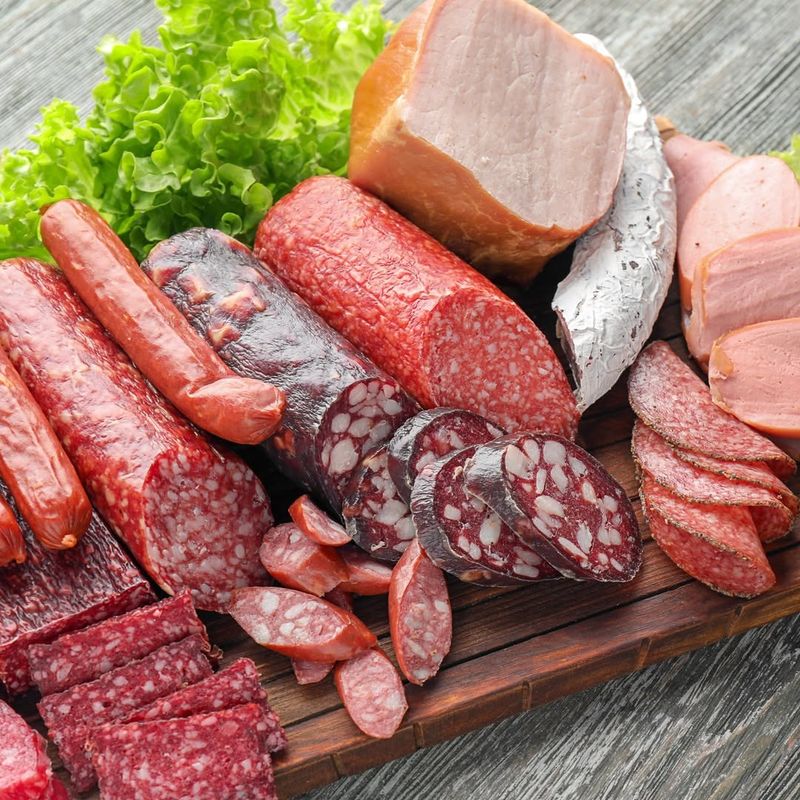
© cancerprevention 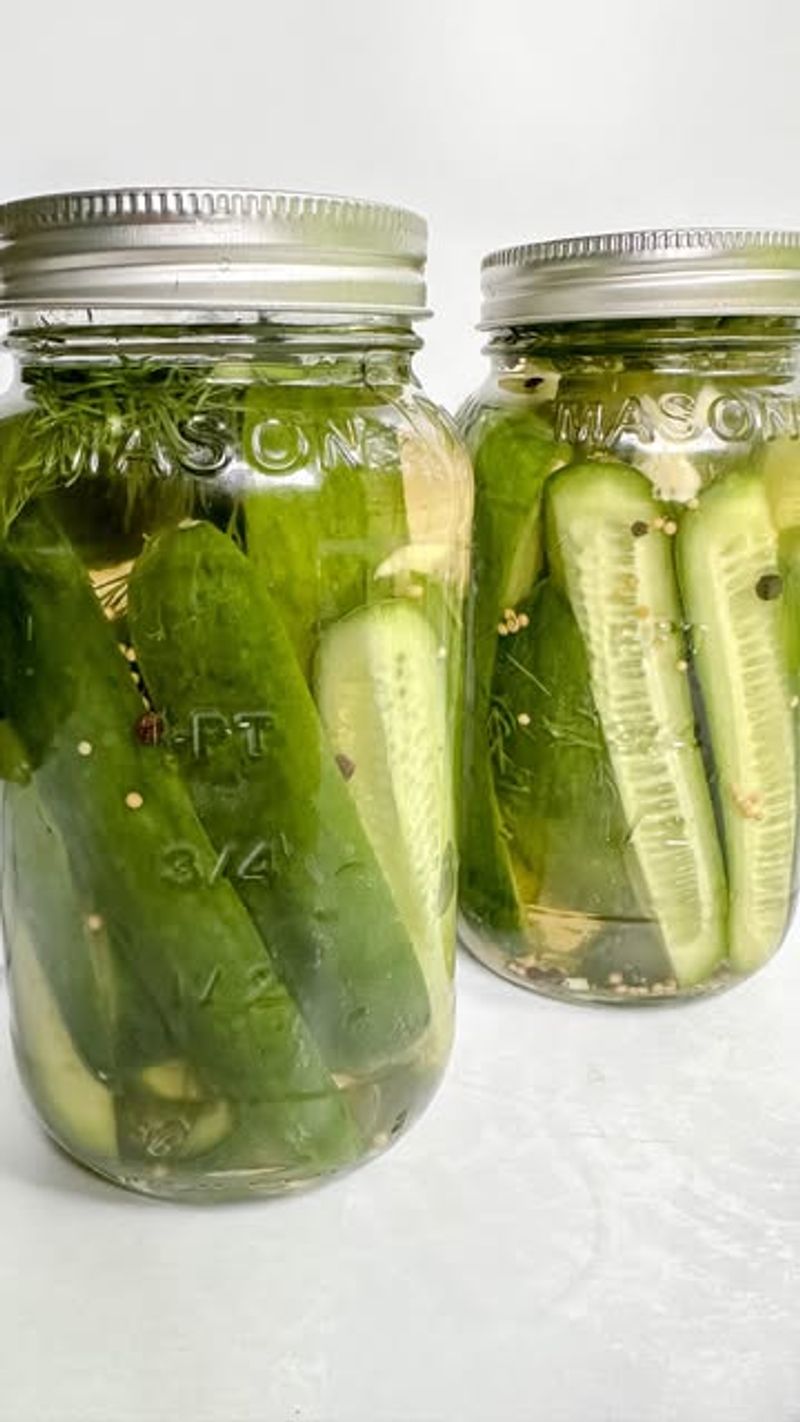
© katcancook 
© workweeklunch 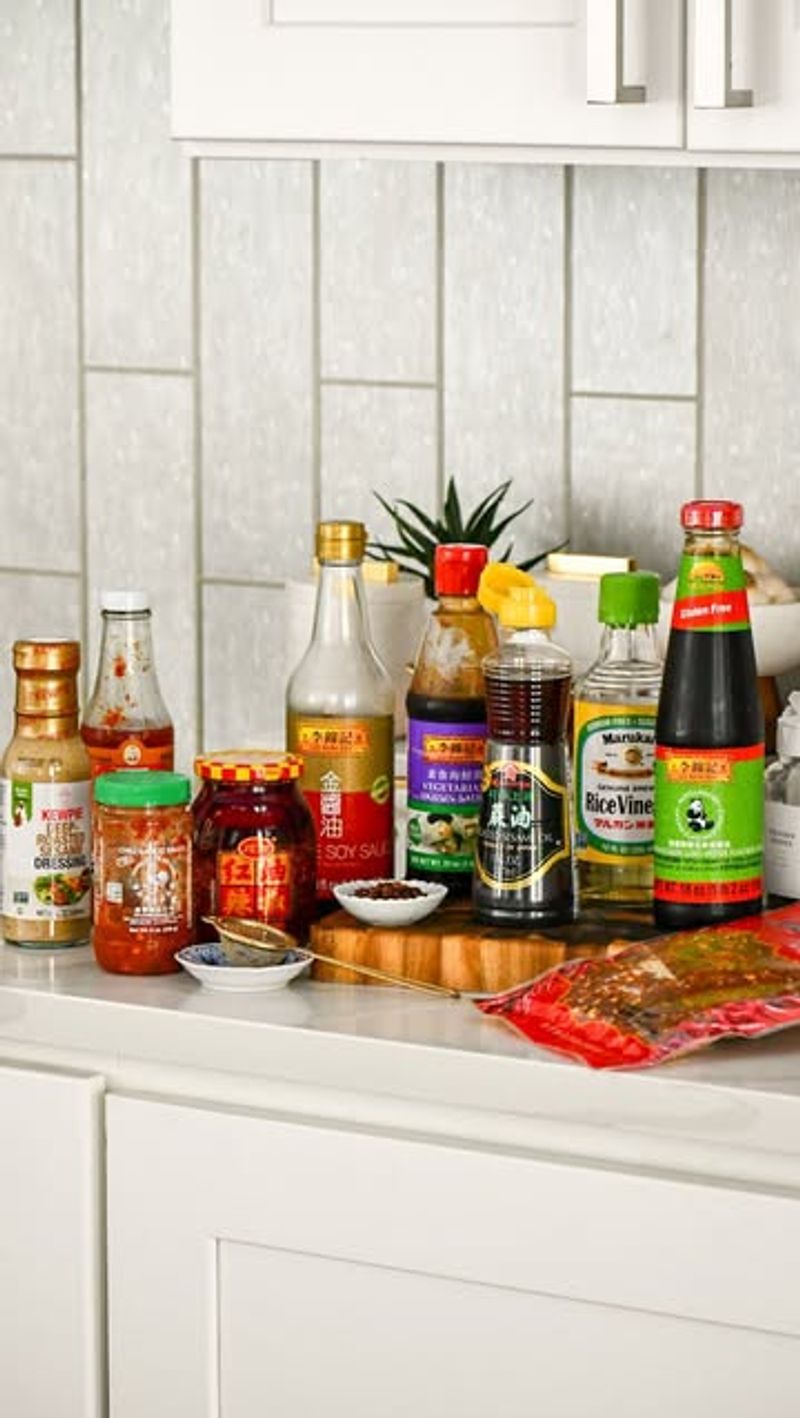
© thetableofspice 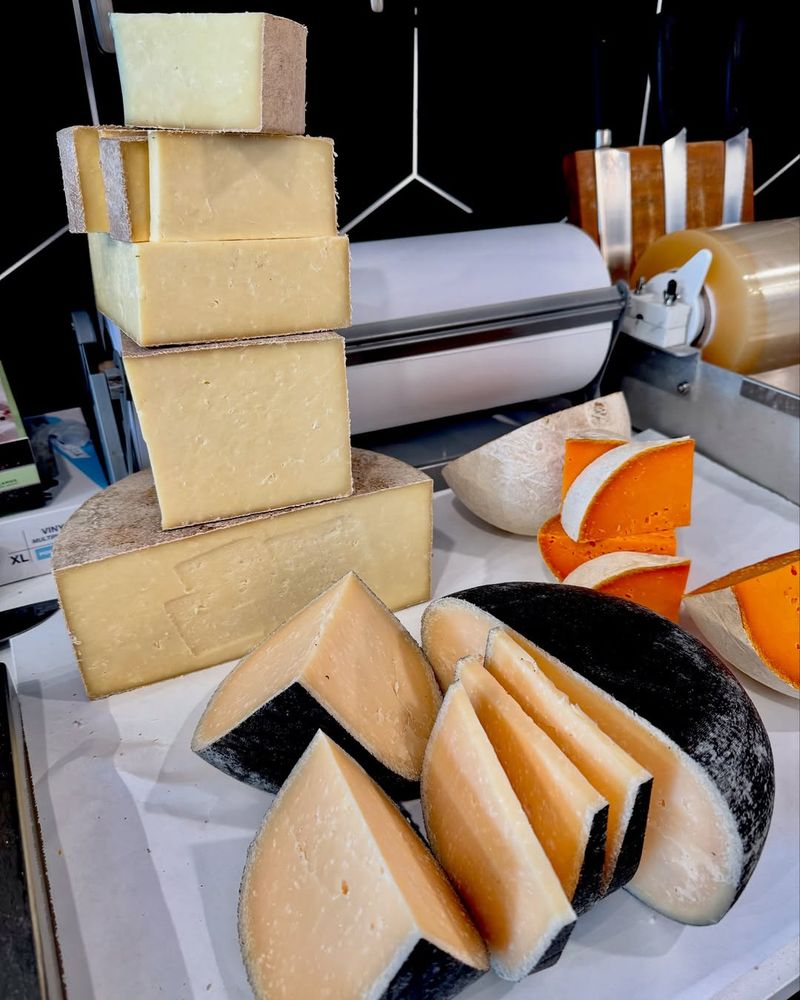
© the_cheese_parlor 
© theowlbar 
© midlandmeatco 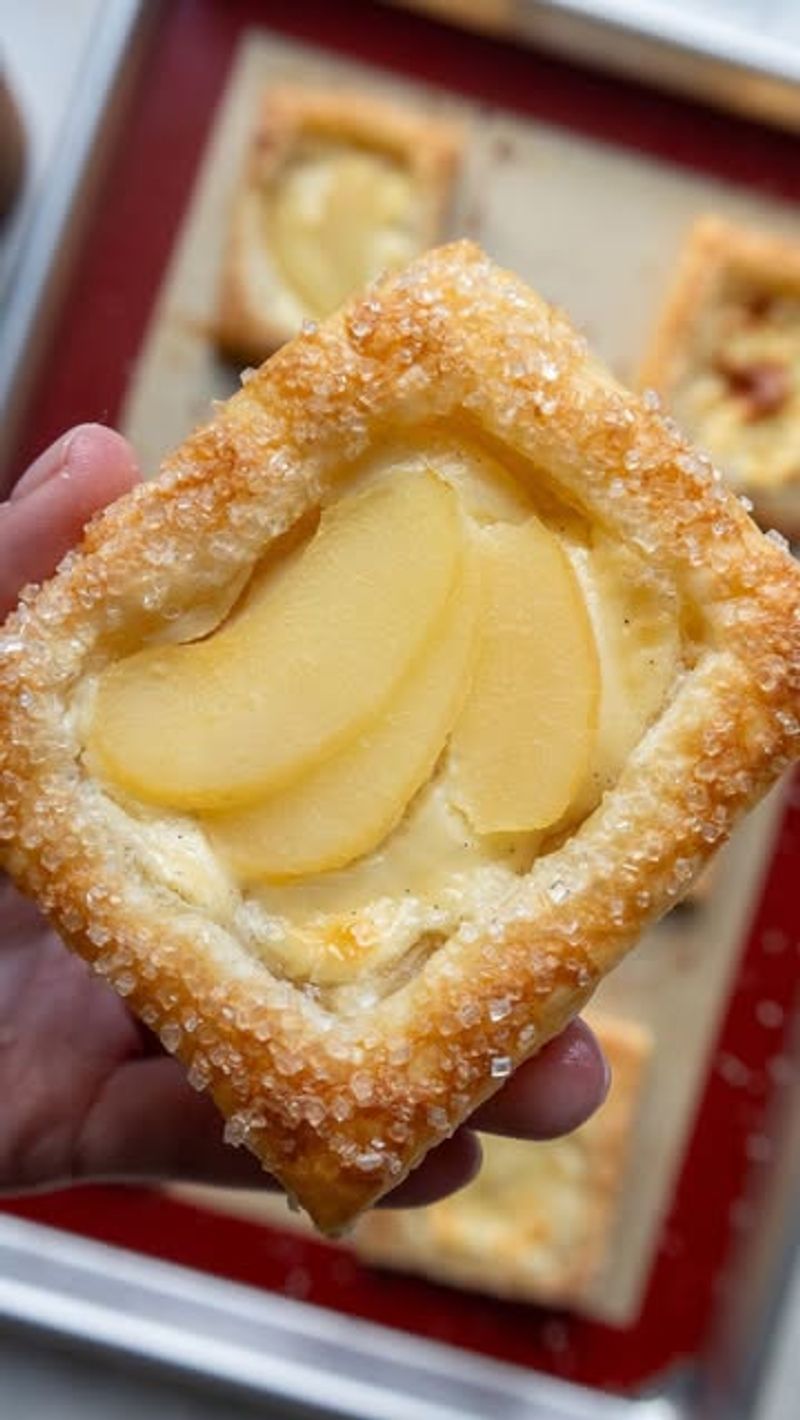
© chelsweets 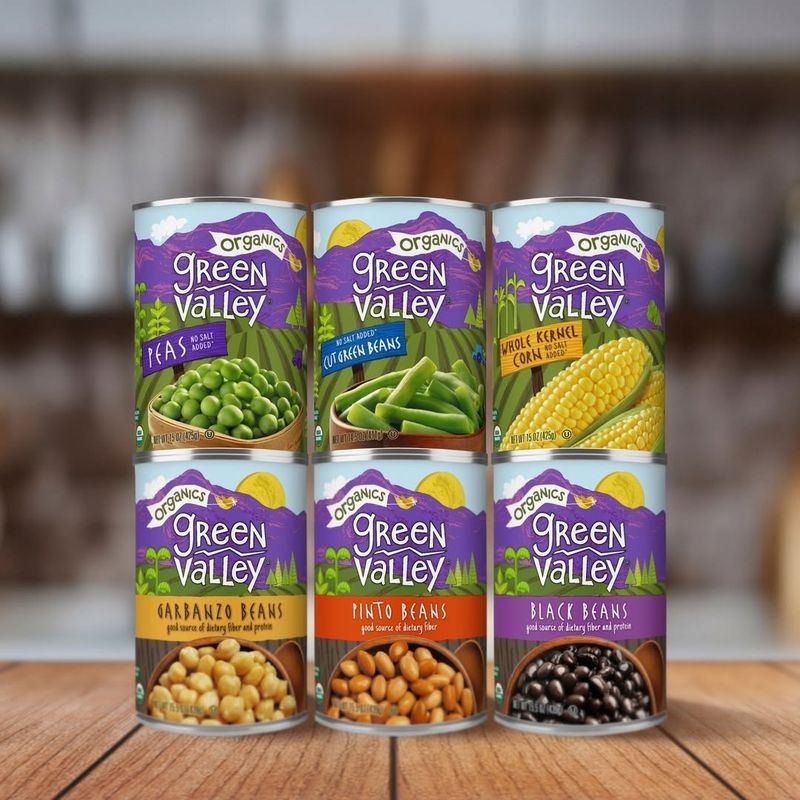
© itsgreenvalley 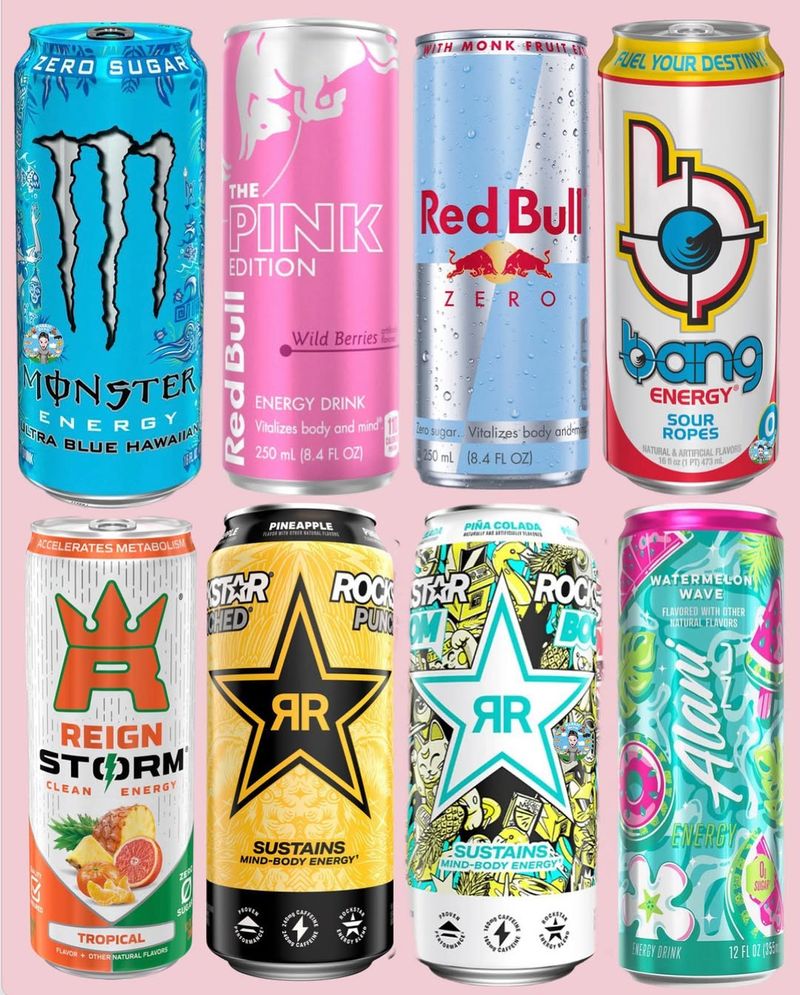
© markie_devo 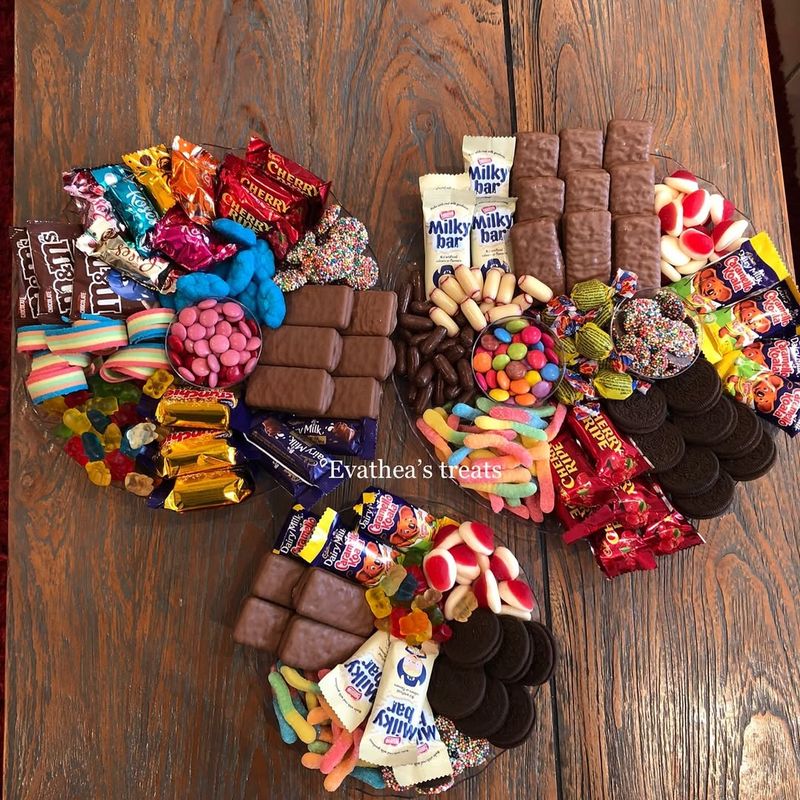
© evatheas_treats 
© akpizzaguy 
© neosciencehub
1. Salted Snacks

2. Canned Soups

3. Processed Meats

4. Pickles

5. Frozen Meals

6. Sauces and Condiments

7. Cheese

8. Alcohol

9. Red Meat

10. Pastries

11. Canned Vegetables

12. Energy Drinks

13. Sweets and Candy

14. Pizza

15. Sugary Beverages

